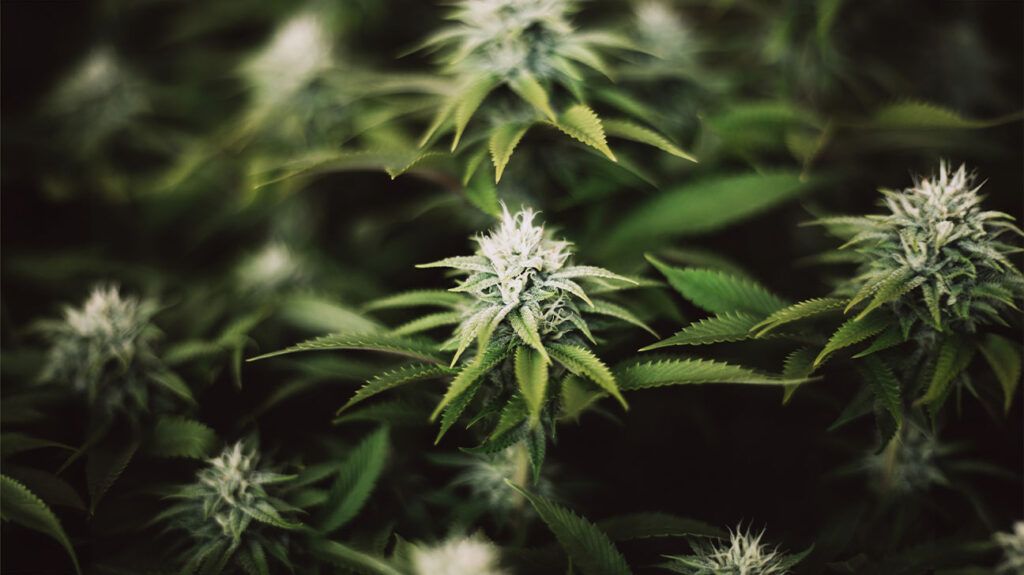Some isolated case studies have suggested that cannabis might make excess bleeding more likely when taking blood-thinning medications or if using it before surgery. It may also link to an increased risk of complications for certain types of stroke or brain bleeds.
Some people smoke cannabis for either recreational or medicinal purposes. Its components, cannabidiol (CBD) and tetrahydrocannabinol (THC), have several effects on the brain and body. Some of these are temporarily positive, such as relaxation and euphoria. However, cannabis can also irritate the lungs and speed up the heart rate.
Some experts believe cannabis may reduce the ability of blood to clot. People sometimes use cannabis to manage pain during menstruation and anxiety before surgery. This has led to further questions about whether cannabis may increase the risk of dangerous bleeds.
This article explores the possible link between cannabis and excess bleeding.

On its own, no evidence supports a link between occasional cannabis use and the start of excessive bleeding or bleeding disorders.
However, researchers have found connections between smoking cannabis and rare complications of stroke and lung bleeding disorders. There is also evidence of interactions between cannabis and blood-thinning medications. These researchers often base their findings on case studies of one or two people, so more research is necessary.
Cannabis and warfarin
A
THC is one of the compounds
Another case study reported as context for this research involved a man using liquid CBD as an epilepsy treatment. The doctors recommended reducing the dose of warfarin by 30% to reduce the chance of excess bleeding while using CBD. In their conclusion, the authors accept that data is sparse but advise against using cannabis while taking warfarin.
Cannabis, stroke, and diffuse alveolar hemorrhage
A
ASAH involves a blood vessel bursting and leaking blood in the brain. According to the review authors, cannabis use may increase the chance of a life threatening complication called delayed cerebral ischemia (DCI). DCI is when there is evidence of a lack of blood flow in the area of the brain that medical professionals may not be able to spot for hours, days, or weeks after an event, such as aSAH.
Studies on rats showed that CBD and THC might have effects that reduce the effectiveness of a blood-clotting enzyme called thrombin, according to a
According to a
Cannabis and surgical complications involving bleeding
According to a
Doctors may caution cannabis users to limit or restrict use ahead of heart surgery.
A note about sex and gender
Sex and gender exist on spectrums. This article will use the terms “male,” “female,” or both to refer to sex assigned at birth. Click here to learn more.
No reliable research has explored the intensity, regularity, or frequency of menstrual bleeding during a female period.
However, some females smoke cannabis for its pain-relieving properties during painful periods, according to a
A small
The luteal phase occurs from
Cannabis has several mental and physical effects, according to the National Institute on Drug Abuse (NIDA). Affects on the brain and mind include:
- altered senses
- time perception
- mood
It may also lead to impaired thought processes, movements, and memory. High doses of cannabis might lead to hallucinations, psychosis, and delusions if a person uses it regularly.
Cannabis may also have several adverse effects on the body, including:
- breathing problems
- higher heart rate
- nausea
- vomiting
It may also cause issues if people use cannabis during pregnancy.
The following are answers to some questions people frequently ask about the use of cannabis and bleeding.
Can smoking make your period irregular?
A
Can your period make you feel high?
Extreme mood changes may occur during menstruation. Some people may interpret some parts of this as feeling “high,” but this experience is subjective. Periods are highly personal and vary between individuals.
Do you bleed more when you are high?
In typical circumstances, feeling weed-induced euphoria does not affect bleeding. Research on this area is limited. However, healthcare professionals have found that warfarin
Small studies have linked cannabis to reduced effectiveness in blood-clotting medications and a risk of rare bleeding disorders in the lungs and brain.
Research has also suggested that cannabis may increase the risk of excess bleeding during heart surgery. However, in most casual, infrequent, or low dose users, no evidence supports an increased risk of bleeding.
While cannabis use may influence certain factors of the menstrual cycle, such as the length of the luteal phase, no studies have found that it makes bleeding more severe or more frequent. Regular, high dose cannabis use can affect lung function, increase the heart rate, and contribute to increased nausea and vomiting.
